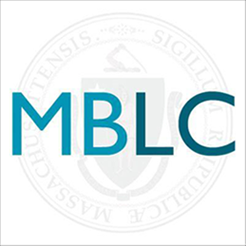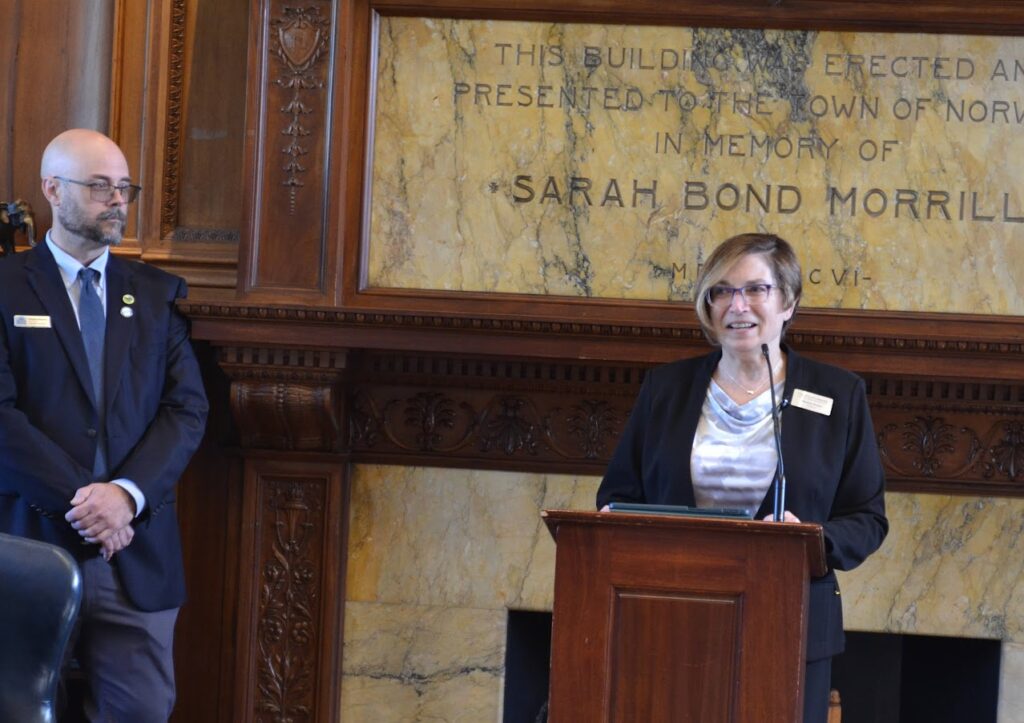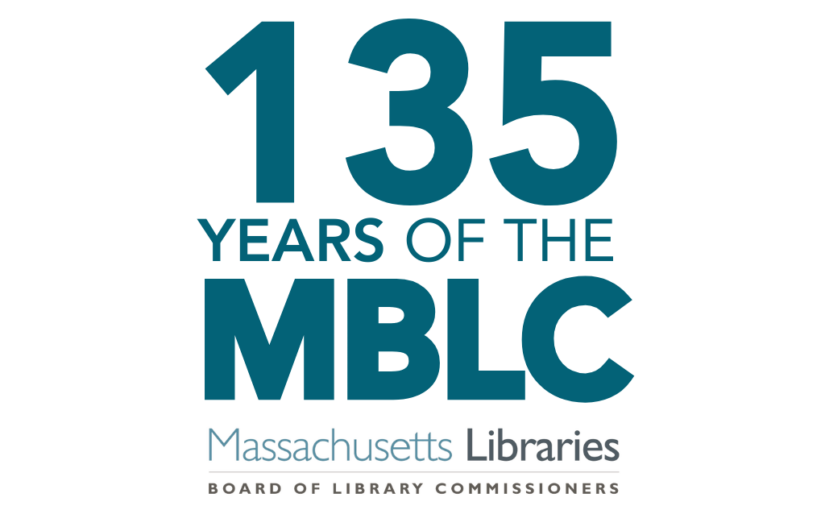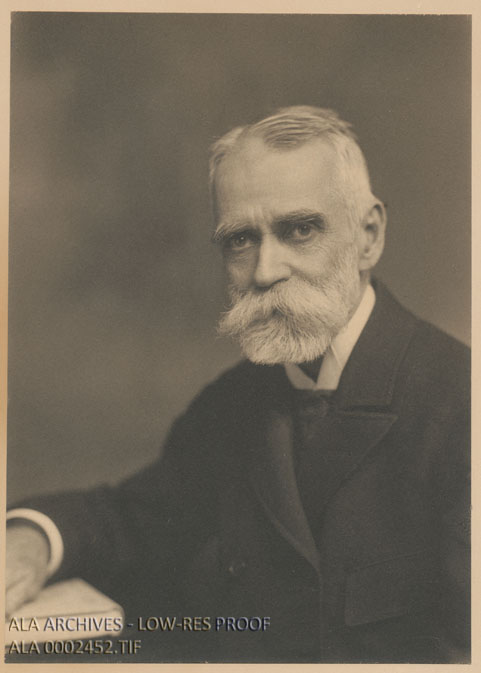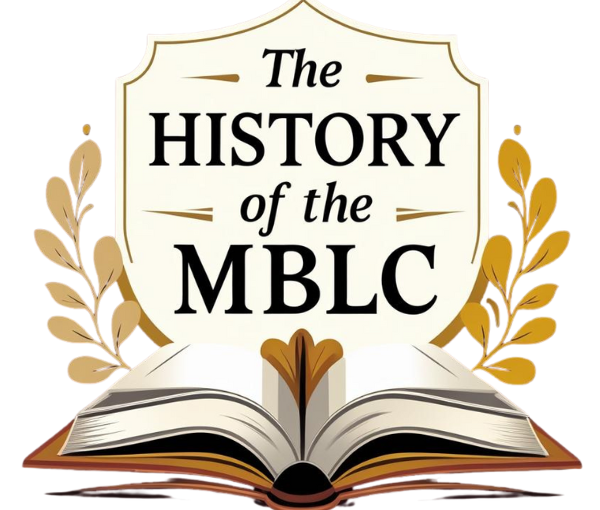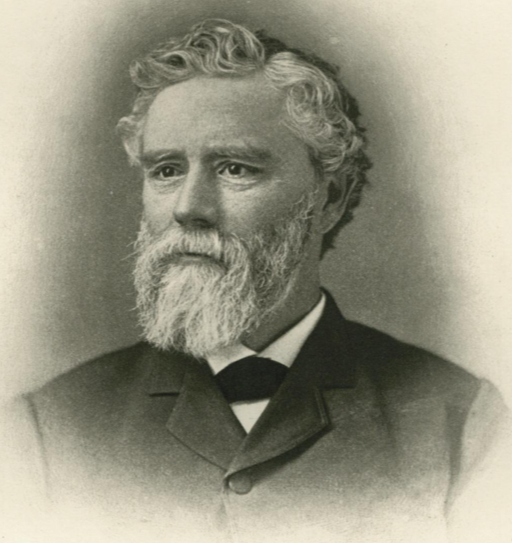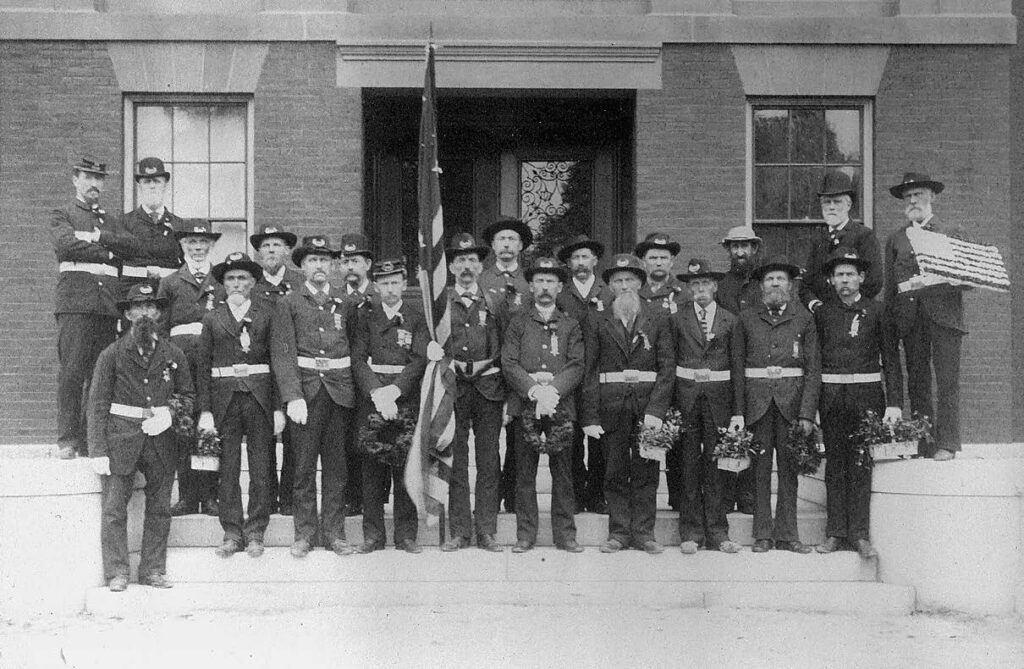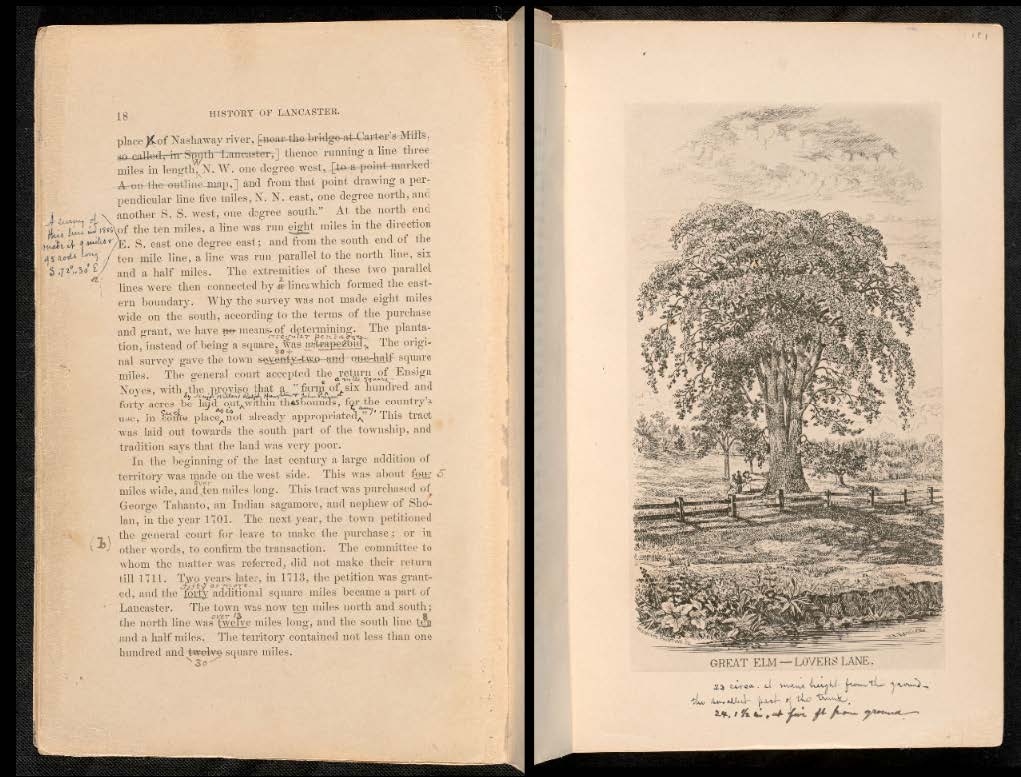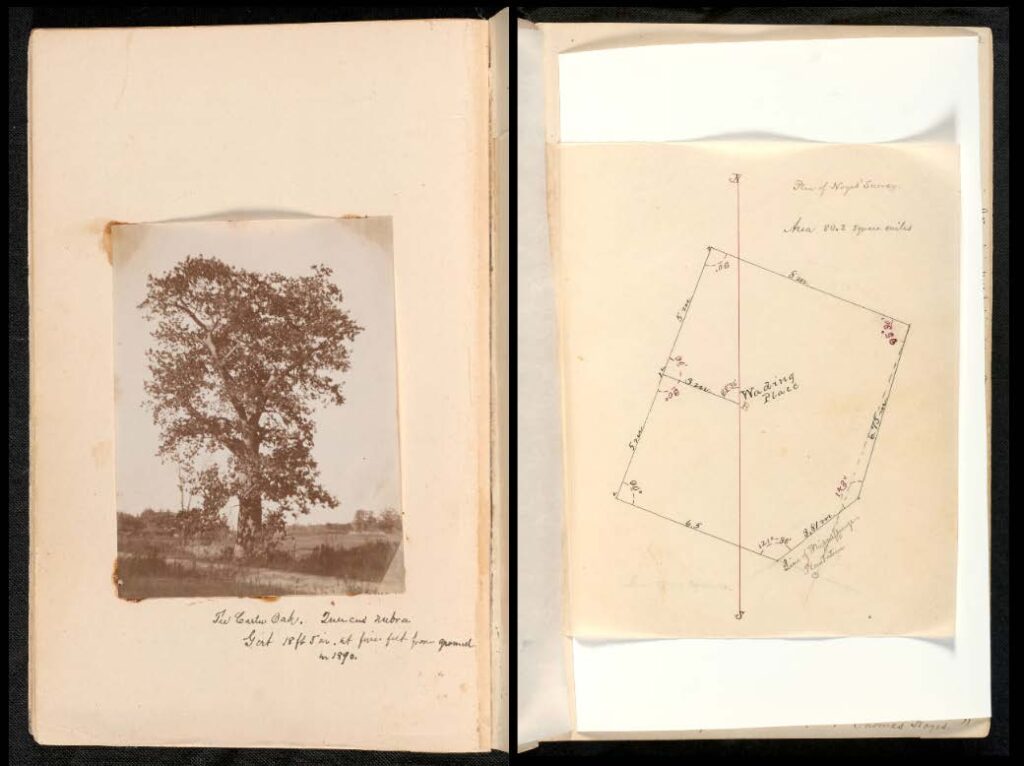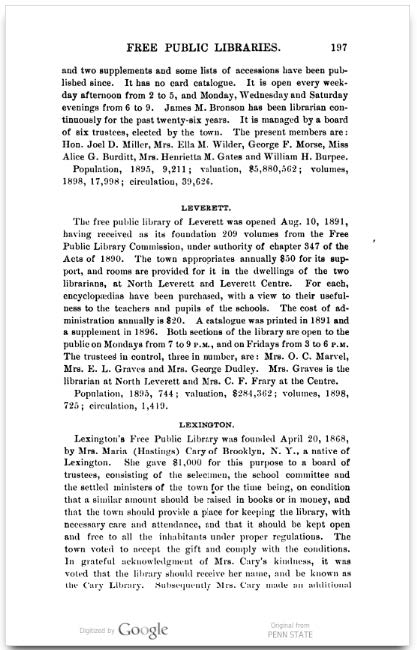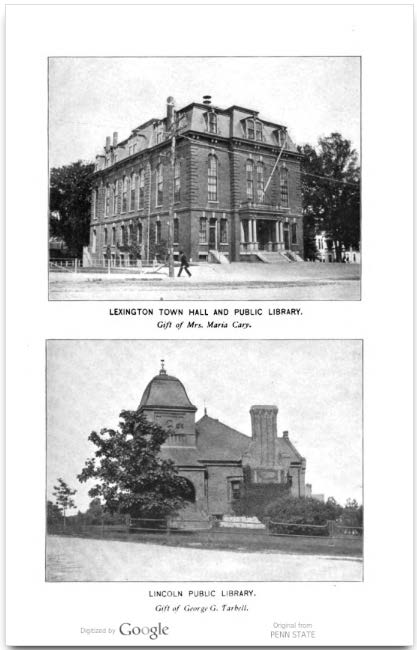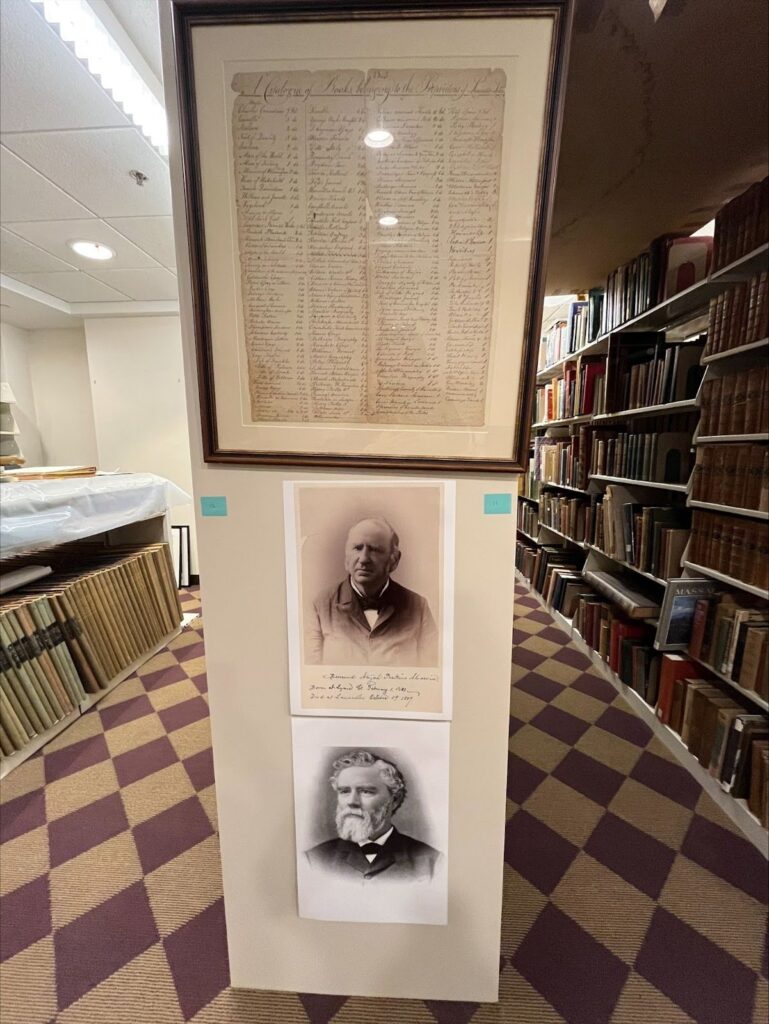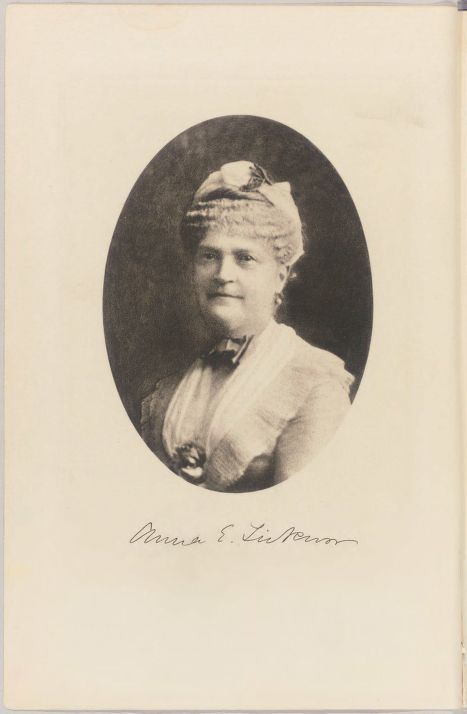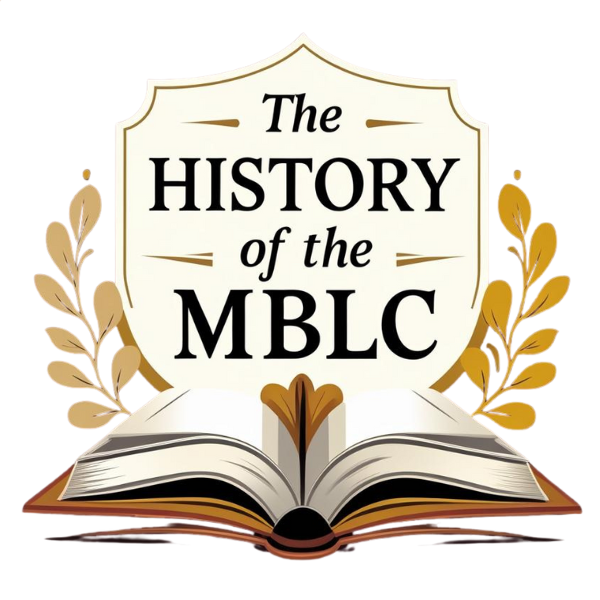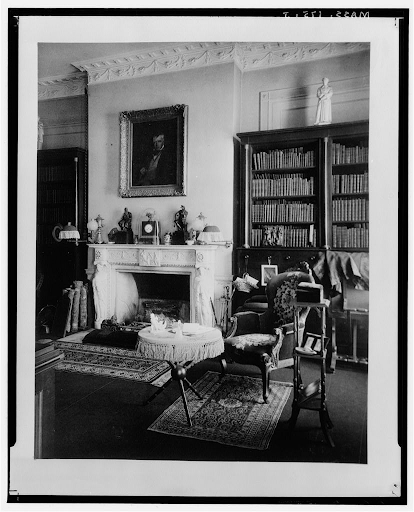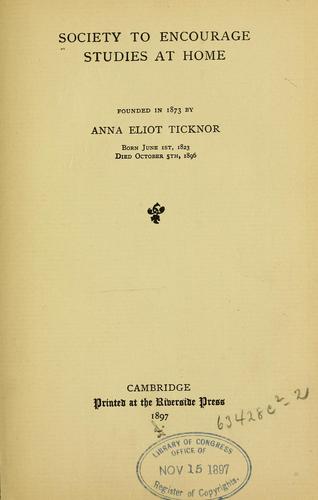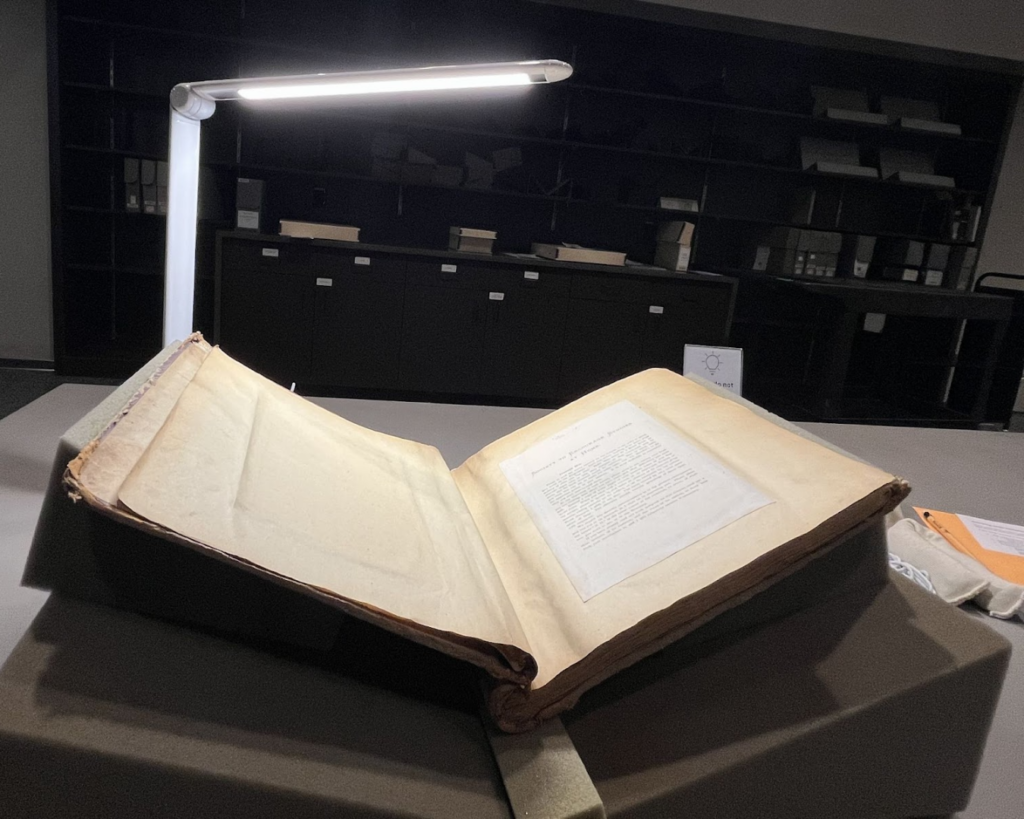In the past few blog posts I’ve largely focused on libraries as a whole: all departments, all locations, funding distributed throughout a library, staffing in all parts of a library’s location. While they are not especially common in Massachusetts, library branches and/or bookmobiles (hereafter referred to as outlets) can play a large role in ensuring community access to library services. So, let’s take a dive into how an economic downturn might affect the services offered outside of a main or central library and see how they compare to some of my previous posts’ discoveries.
Library Outlets
Library outlets hold a special place in my heart. My first library job was running a neighborhood branch of a fairly large library. I saw firsthand how people mostly visited on foot or bikes (as opposed to driving or public transit), how heavily it was visited by families and people who have been in the area for generations, how personalized the services could be because it was a smaller space with a high proportion of regulars. It was a true definition of a community gathering space where neighbors would catch up after bumping into each other at the circulation desk and kids would meet after school to do homework together. Not every library branch or bookmobile will look precisely like this and that’s the point. The branch that I ran was the type of space I just described because of the makeup of its neighborhood.
That’s the beauty of library outlets; they take on the distinctive characteristics of the area that surrounds them and the people that visit them. They are a unique opportunity for a library to provide services to people who may not otherwise have access to library services. They serve a smaller group than a main or central library and have fewer staff and funds as a result. But outlets know how to use their limited resources to tailor their collections and services to the portion of the community they serve. I give this background because not every community has bookmobiles or branches. Some communities are so small that their main library takes on the qualities of a branch library. Some larger communities are centrally located with accessible public transit and/or parking. And some communities may benefit from expanding services to an outlet but are unable to afford the undertaking. According to ARIS (from FY24, our most recent data for now), there are 98 library outlets in MA across 38 municipalities. So only about 11% of municipalities in the Commonwealth have bookmobiles and/or branches with many of those cities and towns having multiple locations within their borders.
With such a small number of MA libraries having outlets at all, why look at their data? Even in the well-established and much-loved community branch I worked at, the moment budget difficulties were on the horizon, someone inevitably floated the idea of closing down a branch to save costs. These ideas never went anywhere beyond that, largely because the community members of the branch were vocal about their support. However, in the event of another recession, if budget shortfalls are severe enough, outlets may find the idea of their closure taken a bit more seriously. So, let’s take a look at the potential value outlets offer their communities.
Outlet Circulation and Visitors
Let’s start with circulation and visitors since those were the first metrics I discussed and those used in the original study that inspired this series of data-dives.* The average number of circulations pre-recession in library outlets compared to the average number of Great Recession circulations uncovered a 27.4% increase in circulations. Looking at the pre-recession vs Great Recession visitor numbers, there was a 52.3% increase in foot traffic into the outlets. Let’s compare that to the numbers for libraries overall. Recall that:
- Pre- to Great Recession circulation in libraries increased by 12.5%
- Pre- to Great Recession visitors in libraries increased by 32.4%
This means that for library outlets, the circulation in the outlet location more than doubled compared to libraries as a whole, and the increase in outlet visitors was higher by about 20% compared to libraries overall during the Great Recession.
If we extrapolate these percentages, assuming they will apply in the event of another economic downturn, library outlets are looking at an additional 12,584 circulations per year, which works out to 242 more circulations every week. Put another way, outlets could circulate more than 34 extra items per day which could total 58,447 circulations annually. For visitors, outlets could be looking at an additional 18,401 people each year, which adds an extra 351 people every week. So, foot traffic could increase in outlets by more than 50 people every day. Practically speaking, outlets are not open as many days as a central, main or single library is which means that these numbers, on any given day are likely to be higher, adding an additional strain on resources that are designed to be somewhat smaller than their larger counterparts.
Outlet Open Hours
Now let’s take a look at how outlets compare to main or central libraries in terms of how often they are open. On average, outlets are open about 63% of the hours that a central or main library are open. This is pretty consisted regardless of the time frame. This consistency is helpful and makes me more comfortable in comparing the outlets’ individual data with the overall library data as it limits the variability involved at least somewhat. Let’s examine, then, how much the average outlet’s hours changed between on their own between time periods:
- Pre-recession = Average outlet open 1,632 hours annually (about 31 hours weekly)
- Great Recession = Average outlet open 1,517 hours annually (about 29 hours weekly)
This difference of about 2 hours each week is similar to the libraries overall; however, when you’re dealing with smaller numbers, the percentage of hours affected goes up. Library outlets had 7.1% fewer open hours during the Great Recession than they did pre-recession. Put another way, the community members relying on their local branch or bookmobile for library services had 7.1% fewer opportunities to do so. This is in comparison to the 2.7% reduction in libraries overall between those two time periods.
If we look to a potential future that may include a recession, a 7.1% decrease in open hours would bring outlets down to 1,508 hours each year (compared to the 1623 hours they have been open on average during the past 3 FY). Once again, this works out to about 2 fewer hours each week, but as we saw in the numbers above, these compressed hours, already lower than what their more robust counterparts offer, could be trying to accommodate 242 more items circulated and 352 additional people through their doors during those shorter time spans.
Reference Transactions
The last reliable metric we have for outlet data going back far enough are the reference transactions they averaged across time periods. Again, because an outlet serves a smaller portion of the community than its main library or the library system as a whole, the number of reference transactions are going to be smaller than what I discussed in the previous blog post. I would operate under the assumption, however, that these statistics are also widely underreported. Here are the numbers:
- Pre-recession = Average outlet fielded 5,301 patron questions
- Great Recession = Average outlet fielded 8,016 patron questions
This means that during the great recession, reference transactions increased by 51.2%. This is a pretty large jump in the number of questions that patrons asked, especially considering that reference transactions in libraries overall went up by 14%.
There is a large uptick in the number of reference transactions in the last 3 years. Outlets have seen an average of 18,985 patron questions every year. That is a 137% increase in patron questions from the average number of questions during the Great Recession. ** The recent past has seen an average of 18,085 patron questions each year. Extrapolating percentages above into a possible future in which an economic downturn occurs, outlets could be looking at an increase of 9,264 patron questions each year, or an extra 178 questions per week. This means that staff could be fielding an additional 25 questions every day.
I think it would be reasonable to argue that when people rely more on libraries overall during an economic downturn, they rely even more on the community outlets that provide those personalized services.
The Bigger Picture
The fact that the percentages for outlets were considerably higher than for libraries overall can seem startling but put in context it makes a certain amount of sense. While library branches are smaller in staff, funding, building size, often just about every library parameter we can measure, their proportional impact is considerable. This is likely a function of the nature of outlets; they are tailored to their communities. While library systems need to keep the broadest range of patrons in mind, outlets need to use the smaller amount of resources they are allocated to focus on what their community needs the most and spend those resources (whether it is staff time, funding, space, etc.) accordingly. They also have a smaller population of people to interact with, which means they can make more personalized recommendations and tailor their questions more specifically because they know who they are working with. That impact could potentially be greater in the event there is a recession in the future. Remember, library outlets by their nature operate with fewer hours and smaller staff sizes than main or central libraries. We are looking at a potential increase in all the patron metrics while simultaneously seeing a decrease in operations metrics. If your municipality has an outlet, consider how your experience may differ with more visitors, a busier public services desk and fewer opportunities to have that experience in the first place.
I think it would be reasonable to argue that when people rely more on libraries overall during an economic downturn, they rely even more on the community outlets that provide those personalized services. Given this data, it’s reasonable to wonder, if library outlets are offering a higher return on investment than library systems, which already have an astounding ROI. If your library has an outlet, it would be worth mentioning these statistics to your advocates and those making financial decisions. In the event of an economic downturn, if someone wonders whether the municipality can afford to have more than 1 library location, the counter argument may be that the community the outlet serves cannot afford its loss, especially given the potential increase in usage.
*Same parameters for years apply: Pre-recession = FY2006-08; Great Recession = FY2009-11. However, for some reason, the outlet data for FY2009 was not available on the MBLC’s statistics website. Given the patterns from the 2009, 2010 and 2011 data in other categories, I believe using the 2010 and 2011 is a reasonable approximation for the Great Recession averages. The 3 years that I am using to determine the most recent numbers for extrapolation are FY2022, FY2023 and FY2024.
** There could be a number of reasons for this including, better and more rigorous ways to reliably report patron’s questions on the ARIS, more patrons asking questions at their local branches, increased trust in the outlets, etc. I don’t have enough data to say for certain what the cause of this increase is, but considering the average of the past three years had each year consistently higher than the Great Recession, I would still consider this data to be accurate and not an anomaly.
~ Al Hayden, MBLC Library Advisory Specialist
